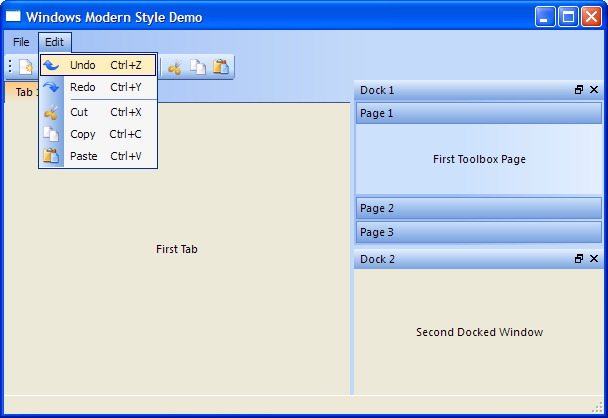I (Am)bassador
A few weeks ago WebIssues became a member of the Qt Ambassador Program organized by Nokia in order to promote Qt development. I got a shiny new Nokia C7 phone and I must say that I like it, even though I was generally very skeptical about touch screen mobiles. Obviously Noka's goal in giving away those phone to Qt developers was to encourage them to create applications for Symbian. I don't know if they will be able to defend against growing domination of Android and iOS, but I've been using various Nokia phones for many years (starting with the iconic 8110 model known from Matrix) and I'm kind of attached to this brand. Besides I've been thinking about a mobile WebIssues client as an addition to desktop and web clients for a long time and now that I have the right tools, I will definitely return to this idea once version 1.0 is released.
Being an ambassador of Qt I feel that I should write about it more often, not only in form of articles, but also as a regular blog. The articles became quite outdated; I created a completely new XmlUi toolkit which is already available as part of both Saladin and the alpha version of the WebIssues Client. It replaces traditional menu bar and toolbar with a single ToolStrip control which is similar to the Ribbon known from MS Office, but much simpler. It also incorporates a simplified version of the WindowsModernStyle. Last week I also decided to replace the RDB classes with SQLite based storage which will make the desktop client much more scalable as it won't have to store the entire data cache in memory. The whole subject of integrating Qt with SQLite turned out to be quite complex, so I will write more about it soon.
- Read more about I (Am)bassador
- Log in to post comments

